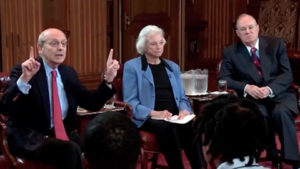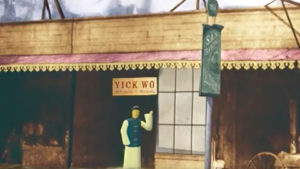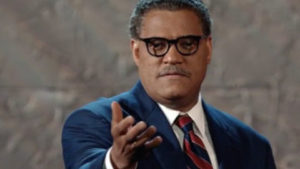Slavery is the ultimate form of discrimination, and racial slavery had been part of the American landscape since the mid-seventeenth century. By the time of the Revolution, holding human beings as property was allowed in all thirteen states.



440 resources available


